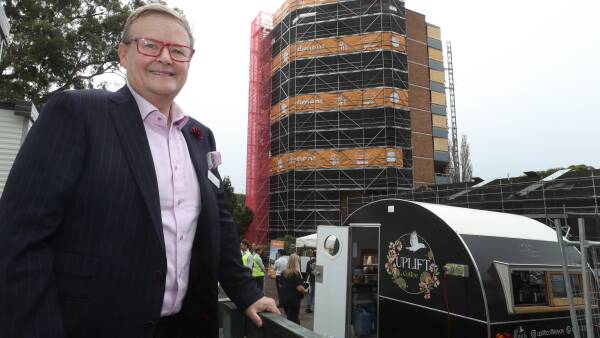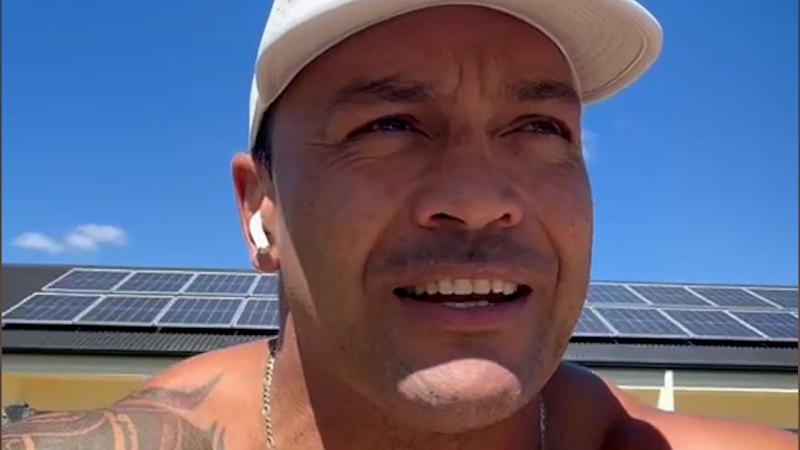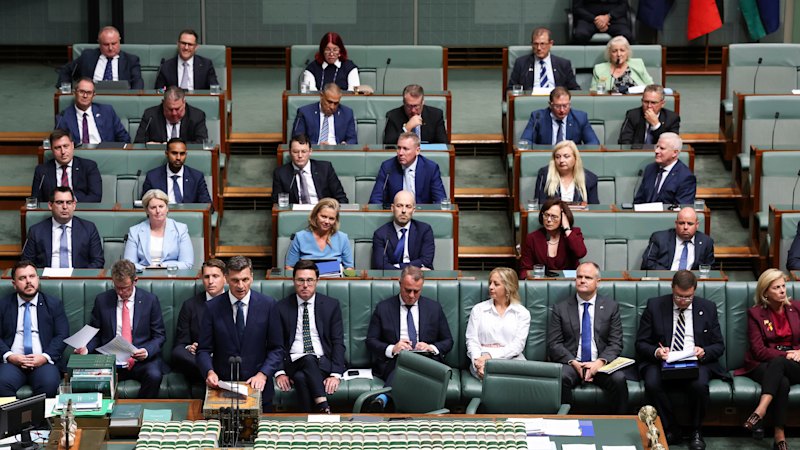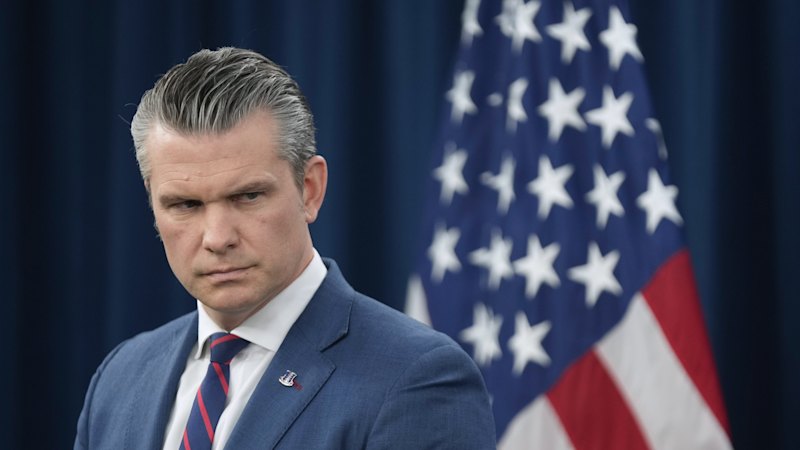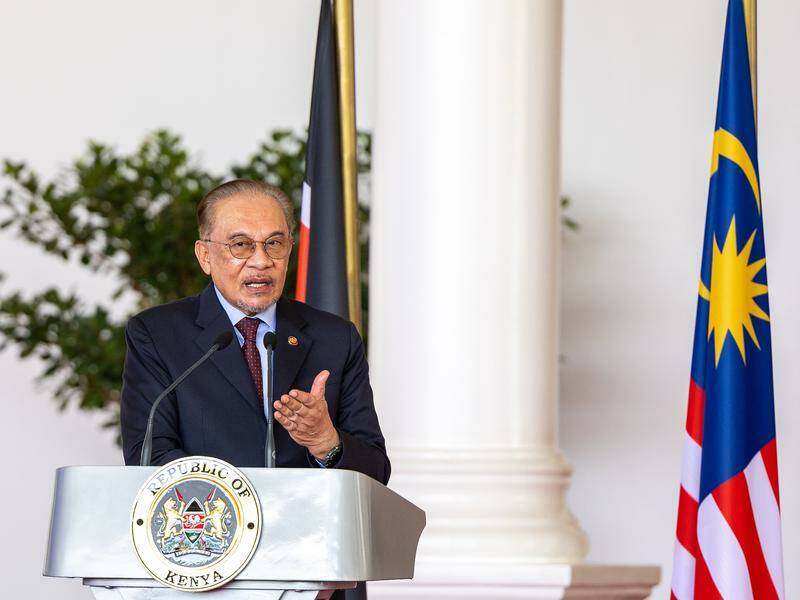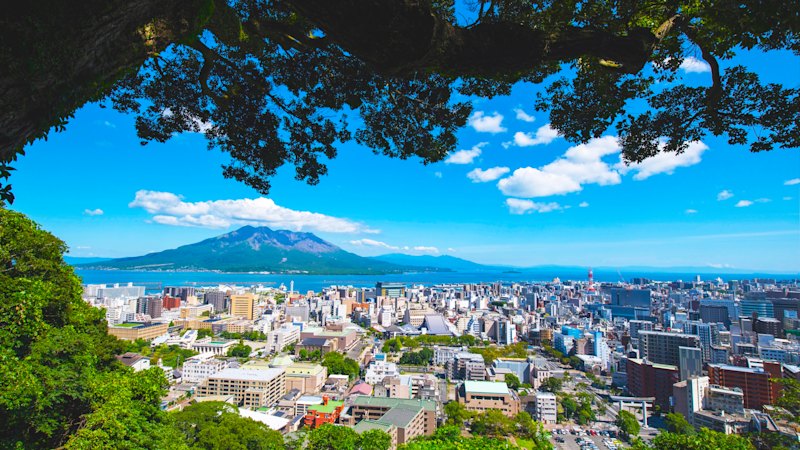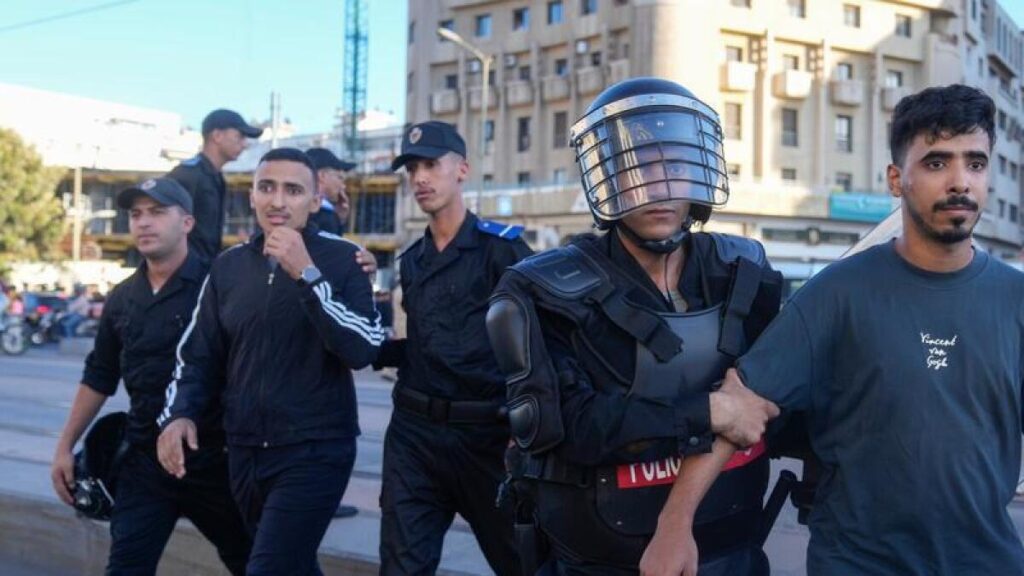
Young Moroccans have engaged in protests for a fourth consecutive night, voicing their frustrations over the poor conditions of schools and hospitals across the country. On Tuesday, clashes erupted in several cities as demonstrators confronted security forces, particularly in areas suffering from high unemployment and inadequate social services. The protests intensified following the arrest of dozens of peaceful protesters over the weekend.
Organizers from the Gen Z 212 protest movement released a statement on Discord, emphasizing that “the right to health, education and a dignified life is not an empty slogan but a serious demand.” They called upon King Mohammed VI to intervene and urged protesters to maintain peaceful demonstrations despite the escalating violence. Nevertheless, reports indicate that tensions have surged, resulting in destructive incidents in cities where government development efforts have been minimal.
In cities such as Inzegane and Ait Amira, footage from witnesses shows protesters throwing rocks and setting vehicles on fire. In Oujda, Morocco’s largest city in the east, a police vehicle collided with demonstrators, leaving one individual injured, according to local human rights groups and the state news agency MAP. Morocco’s interior ministry confirmed that the protests were unauthorized and stated that individuals breaking the law would face strict consequences. They reported that 409 people were arrested during the disturbances.
The ministry also highlighted that 263 law enforcement officers were injured, with damage reported to 142 police vehicles. Additionally, 20 private vehicles were damaged, and 23 civilians sustained injuries. The Oujda chapter of the Moroccan Association for Human Rights (AMDH) announced that 37 of the arrested protesters, including six minors, would face court proceedings on Wednesday. These individuals are part of a larger group that AMDH claims includes many who were filmed being apprehended by authorities.
Amnesty International’s regional office urged the Moroccan government to engage with the youth’s legitimate demands for social, economic, and cultural rights, particularly in light of ongoing protests. They called for the government to address concerns regarding corruption and the allocation of resources.
As Morocco prepares to co-host the 2030 FIFA World Cup alongside Portugal and Spain, the protests reflect a broader wave of unrest seen in other countries like Nepal and Madagascar. The leaderless movement has drawn attention to the government’s spending priorities, particularly in relation to public health and education. Protesters have been vocal about their frustrations, chanting, “Stadiums are here but where are the hospitals?” in reference to the new sports facilities being constructed amid declining public services.
The recent deaths of eight women in a public hospital in Agadir have further fueled outrage over the health system’s deterioration. The movement, which gained traction on social media platforms like TikTok and Discord, has received support from notable figures, including Moroccan star goalkeeper Yassine Bounou and popular rapper El Grande Toto.
In response to the unrest, Moroccan officials have denied prioritizing World Cup expenditures over public infrastructure issues, stating that many challenges in the health sector are inherited from previous administrations. On March 15, 2024, the governing majority in Morocco’s parliament is scheduled to convene under the leadership of Prime Minister Aziz Akhannouch to discuss healthcare and hospital reforms.
As the protests persist, the situation remains fluid, with many calling for a more equitable distribution of government resources and a renewed focus on the pressing needs of Moroccan youth.
